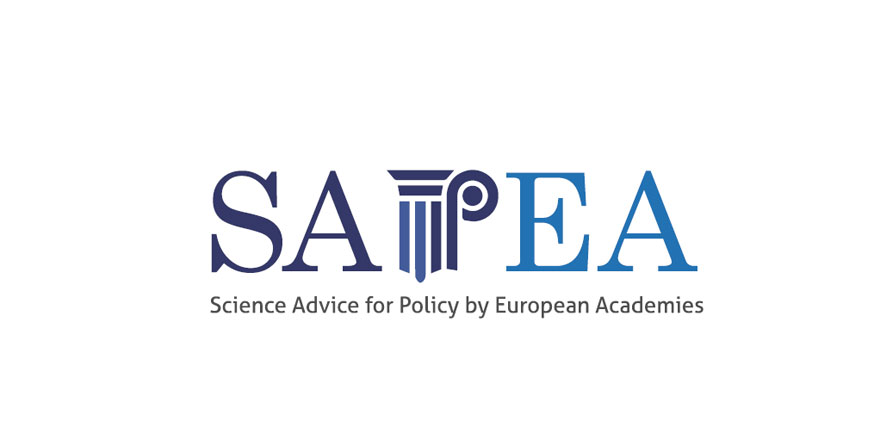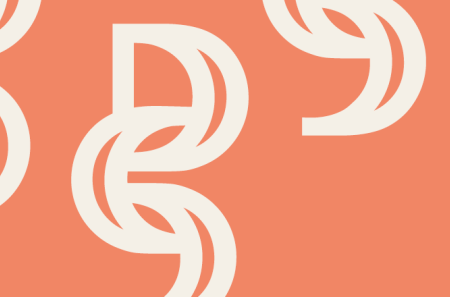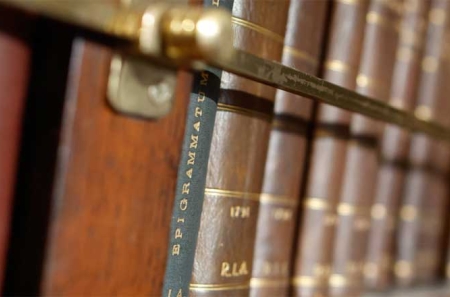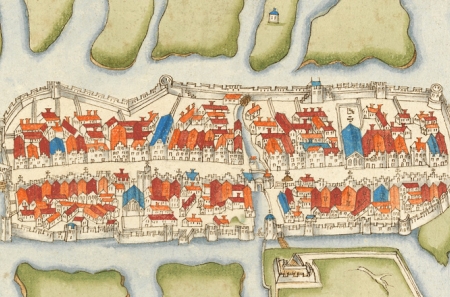‘Making Sense of Science for Policy under Conditions of Complexity and Uncertainty’
When
Tuesday, February 11, 2020, 11:00 - 15:00Where
Tickets
A workshop on the latest SAPEA report and what it means for Ireland.
Now more than ever, policymakers need good quality science advice to inform their decisions. Yet, the very policy issues for which scientific input is most needed are the ones where the science itself is often complex and uncertain. This challenge, however, is being tackled by SAPEA (Science Advice for Policy by European Academies). SAPEA is part of the European Commission’s Scientific Advice Mechanism and together with the Group of Chief Scientific Advisors provides independent scientific advice to European Commissioners to support their decision-making.
‘Making Sense of Science for Policy under Conditions of Complexity and Uncertainty’, a new Evidence Review Report by SAPEA was written by a multidisciplinary group of leading scientists, nominated by academies across Europe. Some of the report’s key conclusions include:
- Science advice can help to anticipate future challenges and assist in designing coping strategies or intervention
- Scientific advice should not prescribe but inform policies
- The purpose and significance of scientific advice depend on the issue and the context
- Science advice for policymaking involves many legitimate perspectives and insights
- Scientists, as well as policymakers, should be sensitive to various biases and interests when drawing inferences from data and information
- The relationship between science advisors and policymakers relies on mutual trust
The SAPEA report was among the key sources of evidence for the new Scientific Opinion from the European Commission’s Group of Chief Scientific Advisors, entitled ‘Scientific Advice to European Policy in a Complex World”. The key recommendations of that Opinion include:
- Engage early and regularly with policymakers and define together the boundaries of the advice, the question and its scope, as well as the best way to address it. Involvement of stakeholders or the public in the process can also be envisaged
- Improve the quality of scientific advice by rigorous synthesis of exiting evidence and transparent debate
- Analyse and communicate uncertainty and diverging views related to the scientific evidence and the policy options recommended.
This Royal Irish Academy workshop, which will hear from high-level experts, will discuss the findings of the SAPEA report and reflect on what insights might be applied to science advice in Ireland. The discussions will focus on both the European and the Irish dimension of evidence-informed policymaking.
Programme
11:00 Welcome and introduction by Professor Michael Peter Kennedy, Royal Irish Academy President
11.05 Presentations
Chair: Dr Cliona Murphy, Chair of the ALLEA (European Federation of Academies of Sciences and Humanities) Science Education Working Group
- Introduction to the Scientific Advice Mechanism and the Group of Chief Scientific Advisors - Professor Rolf-Dieter Heuer, Chair of the European Commission’s Group of Chief Scientific Advisors
- Introduction to SAPEA - Professor Ole Petersen, Vice-President of Academia Europaea
- Presentation of SAPEA evidence review on ‘Making Sense of Science for Policy under Conditions of Complexity and Uncertainty’ - Professor Maria Baghramian, University College Dublin and Ireland’s contributor to the SAPEA report
- Presentation of Scientific Opinion on ‘Scientific Advice to European Policy in a Complex World’ - Professor Rolf-Dieter Heuer, Chair of the European Commission’s Group of Chief Scientific Advisors
- How a Chief Scientific Advisor experiences science advice - Professor Peter Halligan, Chief Scientific Adviser for Wales
Followed by Q&A and group discussion
13.00 Lunch
13.30 Panel discussion: Science Advice in Ireland
Chair: Professor Patrick Guiry, Science Secretary, Royal Irish Academy
- Jasmina Behan, Head of Irish Government Economic and Evaluation Service, Department of Public Expenditure and Reform
- Mary Daly, Emeritus Professoressor, University College Dublin
- Luke Drury, Professoressor Emeritus, Dublin Institute for Advanced Studies
- Dr Charles Larkin, Director of Research, Institute for Policy Research, University of Bath, Bath, UK
Followed by Q&A and group discussion
14.30 Closing remarks : Professor Ole Petersen, Vice-President of Academia Europaea
Please direct any queries to policy@ria.ie




